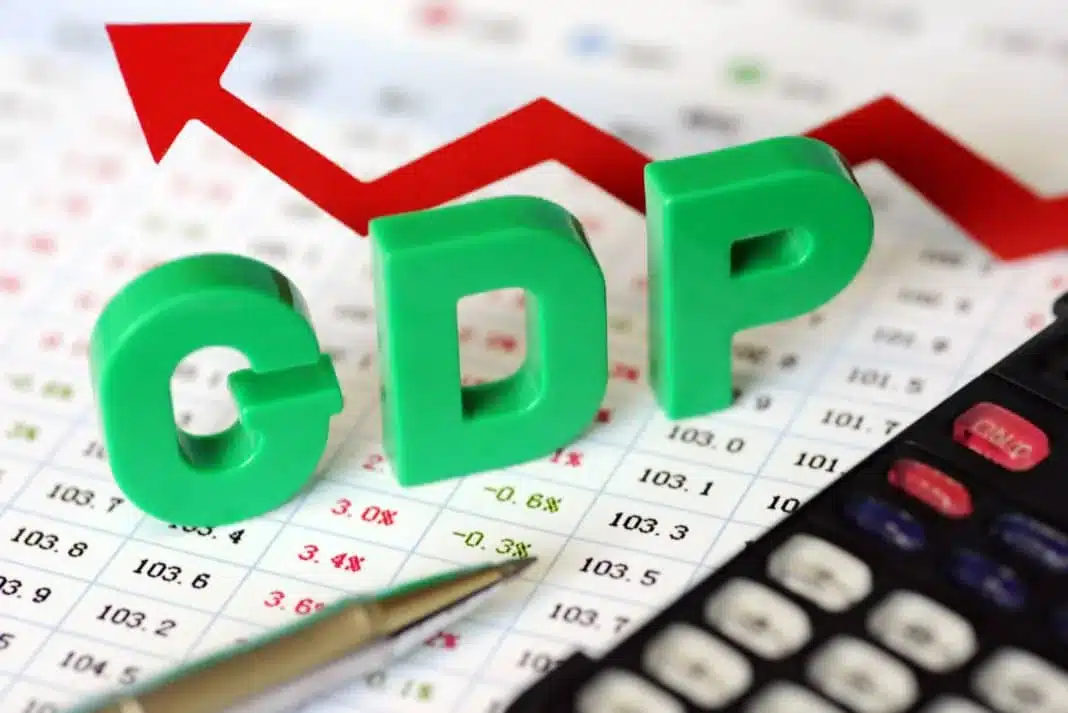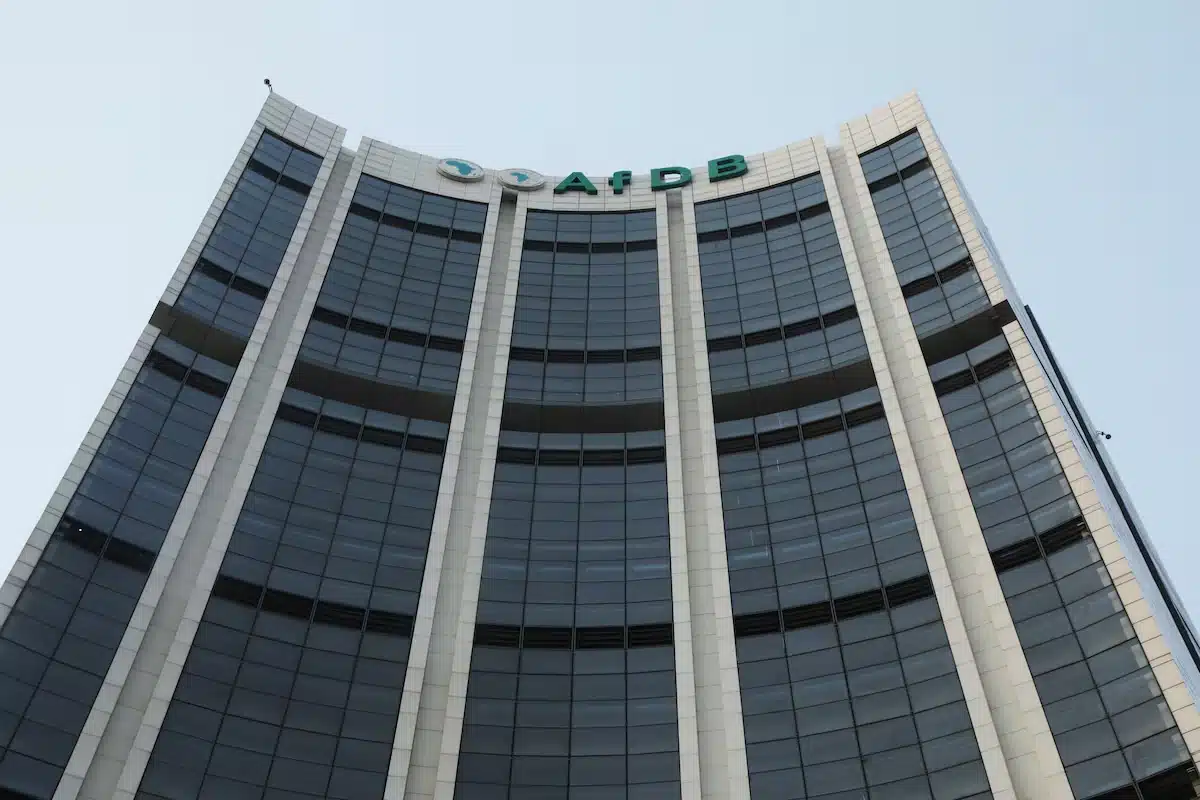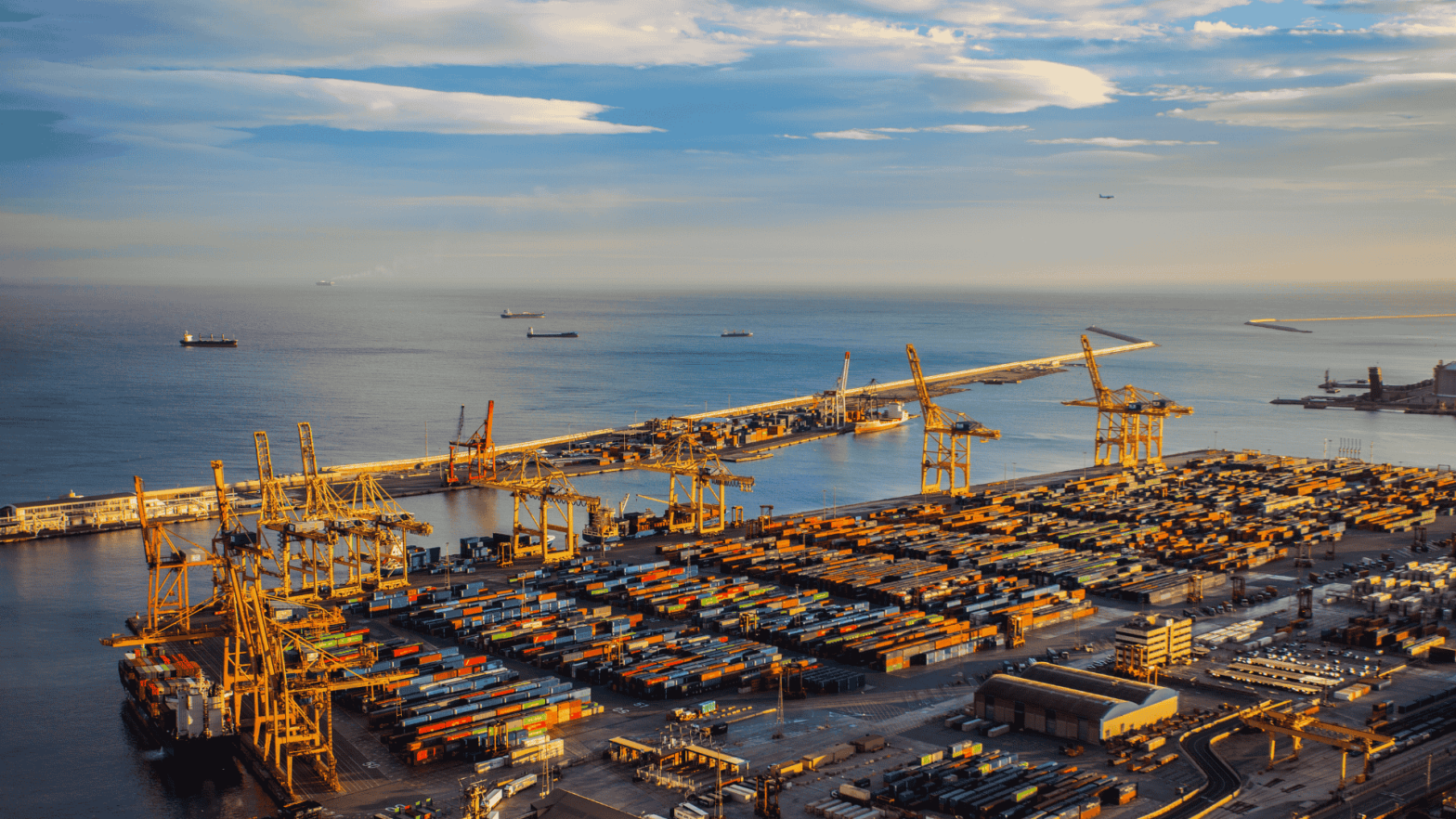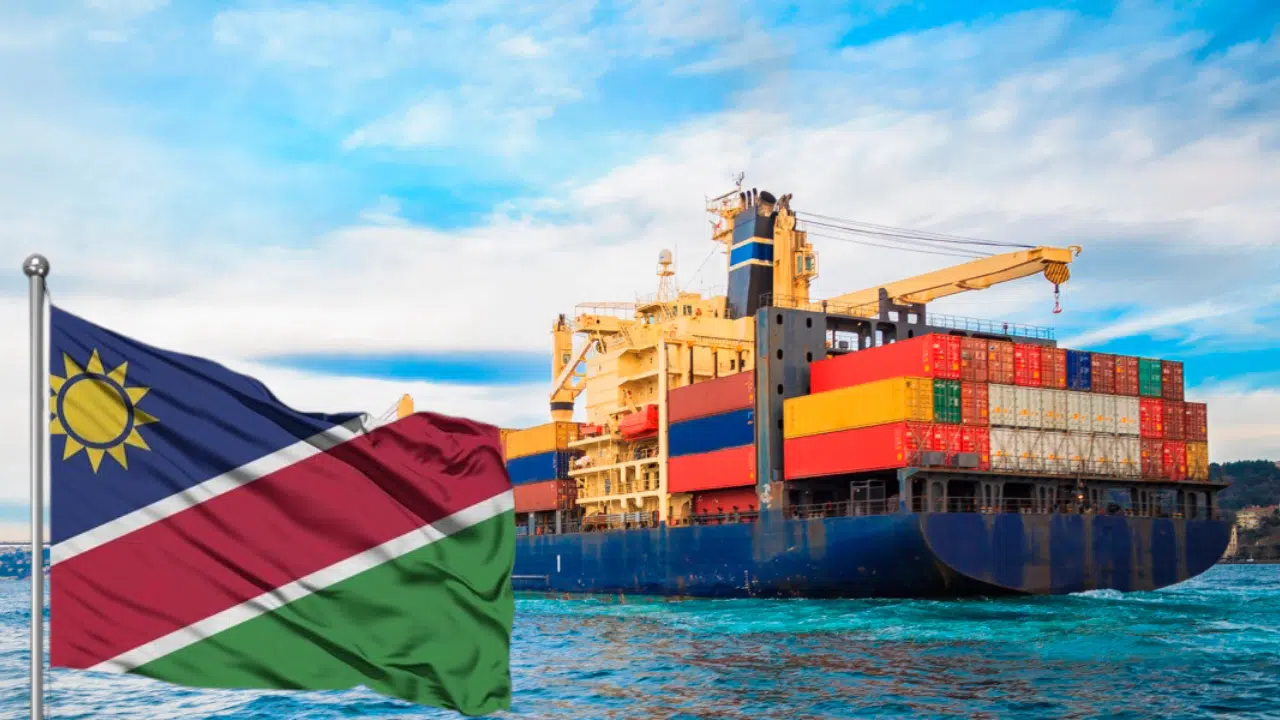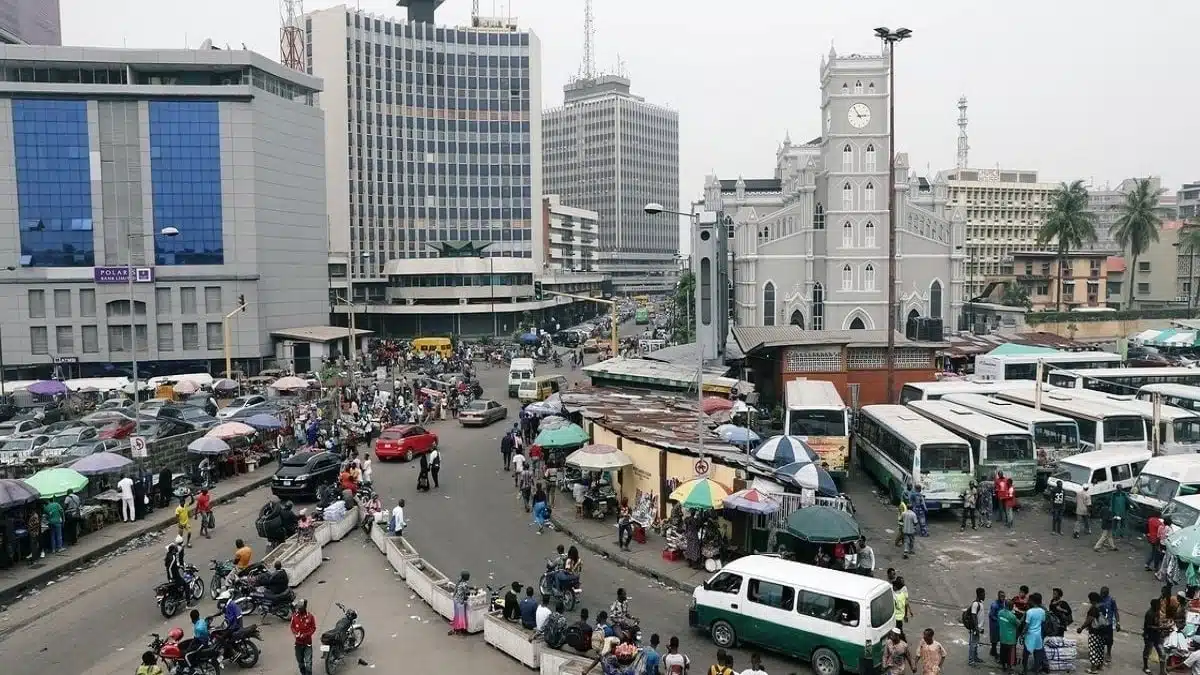Lagos has solidified its status as one of Africa’s largest city economies, with its Gross Domestic Product (GDP) reaching $259 billion based on purchasing power parity (PPP).
However, behind the headline figures, structural constraints threaten the state’s long-term economic stability.
The announcement, made at the Lagos Economic Development Update (LEDU) 2025 on Wednesday , places Lagos as Africa’s second-largest city economy after Cairo, Egypt.
According to the report, Lagos’s GDP stood at $259.75 billion in 2023, underscoring the city’s rapid expansion despite deep-seated economic pressures.
Lagos’s economy grows, but tax revenue lags behind
The Lagos economy recorded significant growth in the first half of 2024, expanding to ₦27.38 trillion ($17.8 billion), up from ₦19.65 trillion ($12.8 billion) in the same period of the previous year.
While this surge reflects the resilience of Nigeria’s commercial capital, it raises questions about the state’s ability to translate growth into fiscal stability.
Despite being home to some of the country’s wealthiest businesses and individuals, Lagos has a tax-to-GDP ratio of just 2%—a significantly low figure compared to global city economies of similar size.
Without urgent reforms, the government might have to rely on debt financing and unsustainable spending to fund its ambitious development plans.
“Lagos is big, but its revenue is small, collecting less than 2% of GDP,” said Taiwo Oyedele, chairman of the Presidential Fiscal Policy and Tax Reforms Committee.
“While some progress has been made, we still have a big room for improvement, and the time to change this narrative is now.”
The gap between economic output and government revenue highlights a key issue—much of Lagos’s wealth remains untaxed.
A vast informal economy, weak property tax enforcement, and ineffective revenue collection mechanisms have left the state struggling to finance critical infrastructure and services.
Economic outlook for 2025: Growth versus reality
Lagos state has set ambitious targets for 2025, projecting GDP growth from ₦54.77 trillion ($35.6 billion) in 2024 to ₦66.47 trillion ($43.2 billion) in 2025, with real growth estimated between 5.02% and 6.49%.
While the services sector will continue driving expansion, there are concerns over the broader economic outlook.
Inflation is expected to hit 34.2%, with food inflation slightly higher at 34.9%, eroding household purchasing power.
The government has also set a revenue target of ₦2.79 trillion for 2025, banking on tax reforms to close the revenue gap.
However, reforming Lagos’s tax system is easier said than done.
The informal sector—spanning traders, transport operators, and small businesses—remains largely untaxed.
Efforts to expand personal income tax collection to high earners could face resistance, particularly in an election cycle where tax hikes are politically sensitive.
“We need to fix inefficiencies in the real estate market to unlock property tax revenue and widen the personal income tax base to capture high-income earners and the informal sector,” Oyedele noted.
Still Lagos’s tax challenges are not just about expanding the base—they also point to deeper governance issues.
The state has struggled with enforcing tax compliance, with reports of corruption, double taxation, and opaque revenue collection processes discouraging businesses from formalising their operations.
A booming city with deep structural challenges
Lagos’s reputation as an investment hub remains intact, with opportunities in infrastructure, technology, real estate, and manufacturing.
However, despite its economic strength, it remains a city of stark contrasts: luxury developments and a thriving financial sector on one hand, and crumbling roads, unreliable power supply, and overcrowded informal settlements on the other.
While Lagos may be Nigeria’s economic powerhouse, the real test lies in whether its growth is inclusive and sustainable.
Without meaningful reforms, it risks becoming an economy that grows on paper but fails to deliver real benefits to its people.

